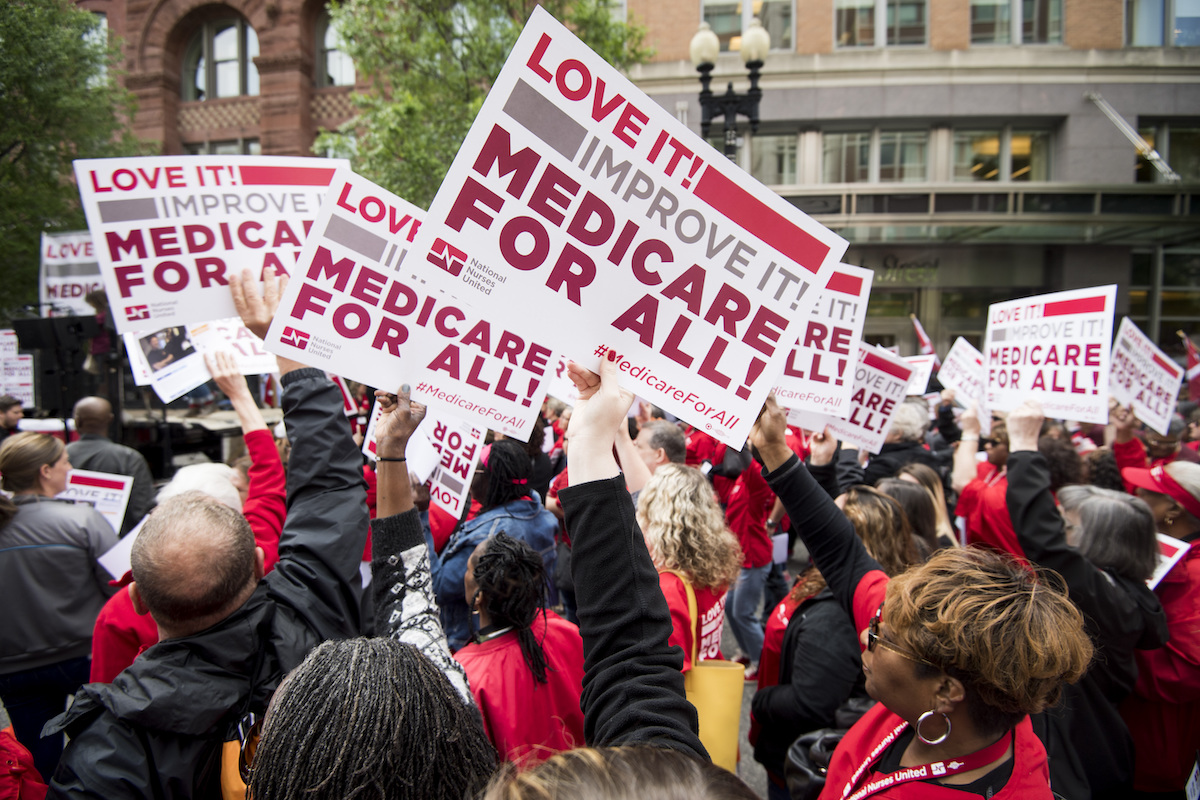What is the relationship between freedom and government redistribution? Can the two coexist?
Some believe there is a negative correlation between the two because free economies are often associated with less government intervention. Others might argue that freedom and significant state intervention go hand in hand, because a strong government is necessary to protect property rights and standards of social welfare increase as countries get wealthier (and countries that are economically free are typically wealthier).
It turns out that the answer is more complicated.
For example, Singapore and the United States both consistently rank high on The Heritage Foundation’s Index of Economic Freedom, an annual review of sovereign states and their economic freedom based on 12 different indicators. In 2021, Singapore ranked first, with the United States close behind in 20th place.
Yet their approaches to the government’s role in health care coverage are significantly different.
Singapore has universal health care coverage through a three-pronged approach called the 3Ms. MediShield Life consists of basic health insurance, which covers costly medical bills. It is subsidized based on personal income and is mandatory for all citizens and permanent residents. MediSave offers an account for personal and employer contributions, which is used to cover out-of-pocket health care expenses. For those unable to cover their out-of-pocket health care expenses with MediSave, the government provides a safety net through MediFund.
The United States does not have universal health care coverage, but it does provide three programs to govern health care costs for select groups. Medicare offers universal free health care for the elderly (those above the age of 65). Medicaid offers free health care for the poor and disabled. The Children’s Health Insurance Program provides free insurance for children, specifically those whose families do not qualify for Medicaid.
What explains the difference in their approaches to health care, when these countries have very similar rankings on economic freedom? The answer is prudence.
In his book On Ordered Liberty, Samuel Gregg follows the thought of medieval philosopher St. Thomas Aquinas, arguing that the common good of the state “is instrumental inasmuch as it is directed to assisting the integral fulfillment of persons.”
“One way of prudentially discerning the role of State institutions in a given situation is to ask ourselves what the State can generally do well and what it cannot,” writes Gregg. “This may be determined by identifying the deficiencies of other groups and asking when no other community, save the State, is able to render the assistance that will remedy the deficiency until the wanting social organization can reassume its appropriate role.”
Differences in cultures and norms between different nations result in different situations, which, in accordance with the virtue of prudence, may mean that different entities (such as the state, employers, family, etc.) may contribute to providing material welfare for human persons in different ways. Governments can do this while still respecting the many aspects which are essential to the fulfillment of persons based on the natural law, and thus are essential to the political common good (e.g., private property rights sustained by the rule of law, which are a part of economic freedom).
Thus, it is possible for a government to respect economic freedom and human flourishing while also playing a more or less significant role in providing certain material goods to its citizens. The imperative to allow for the flourishing of persons necessarily rules out many kinds of regimes and policies which are incompatible with human nature, such as communism or nationalist socialism.
However, there is a wide range of regimes and policies which are compatible with human nature, and these can be considered and adopted while still respecting human flourishing.

